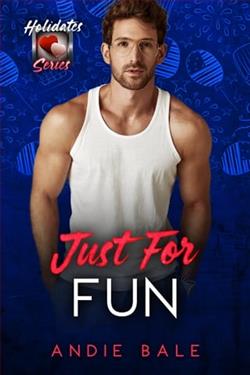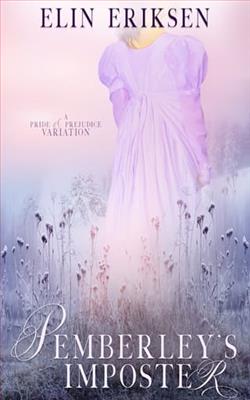Page 16 of The CEO
The last dinner we shared was the night before the accident. They were preoccupied, excited about whatever they’d discovered but careful not to discuss details in front of me.
“We’re close to something important,”Mom said, squeezing my hand across the table.“Something that could help a lot of people.”
“Just a few more pieces to confirm,”Dad added, sharing a look with her I couldn’t quite interpret.“Then we bring it all to light.”
They never got the chance.
I pull out my phone, deciding to send a message to my old contact at the police station, Detective Reeves. He was the one who tried his hardest to help me investigate Tia’s death—the woman whose obituary I couldn’t let go of, even if Reeves’ boss ultimately decided it wasn’t worth pursuing.
Me
Hey, long time no chat, but I’m sure you can imagine the reason I’m reaching out. I need a favor. Can you re-run the plates on the car that hit my parents? It says in the police report that a registration couldn’t be found?
I was nineteen, sophomore year of college, when the police called. The rain was pounding against my dorm room window as the officer’s voice delivered words that split my life intobeforeandafter.Car accident. No survivors. Contact information for the morgue.
The funeral remains a blur. Faces of their colleagues, murmured condolences, unexpected rain that seemed fitting for the darkness that had swallowed my world. I remember standing alone, apart from the small crowd, unable to accept their presence or their sympathy.
I took the semester off, then switched majors from photography to English. I couldn’t bear to look through a viewfinder without hearing Dad’s voice guiding me. Couldn’t imagine pursuing the kind of investigative journalism that had consumed my mother’s life—and perhaps led to her death.
Instead, I ended up choosing the safest, most sanitized form of journalism available: obituaries. Death already neatly packaged, the messy business of living and its consequences already concluded.
For years, I told myself it was a respectful way to honor the dead. A way to give dignity to lives concluded. A way to ease the pain of those left behind.
But the truth was simpler: It was safe. No investigation required. No powerful interests threatened. No late nights chasing leads that might place me in harm’s way.
Until I wrote the obituary for Tia Fellows. Until I noticed the inconsistencies in the police report. Until I started asking questions no one wanted answered.
And something awakened inside me—something inherited from both of my parents. Something that couldn’t look away from injustice, couldn’t accept convenient narratives, couldn’t stop until truth was exposed.
My phone buzzes with Reeves’ response.
Reeves
Wow, haven’t seen your name pop up on my phone in a long time. Plate registration records purged from the system. Unusual. Will keep digging.
I stare at the message, a chill spreading through me. Records purged? That doesn’t happen accidentally. Someone wanted that information erased.
I look back at the photographs, the notebook, all these fragments that don’t quite connect into a coherent picture. My parents were investigating something significant enough to document covertly. Something involving a man with an expensive car and the resources to have records deleted from police databases.
And three days after these photos were taken, they died on a rain-slicked road.
Dad’s voice echoes in my memory:“The camera doesn’t just capture what’s there, Evie. It reveals what others don’t see.”
What am I not seeing?
I gather the materials, placing them carefully back in the box—all except Dad’s camera. That, I tuck into my bag alongside my own. Two generations of Thornes, seeing truth through the same lens.
Something fundamental shifts inside me. For eight years, I’ve been hiding in the safety of obituaries, keeping my parents’ investigative spirit at arm’s length. But now, with these new questions emerging, with the possibility that their accident wasn’t accidental at all, I can’t look away.
If they were killed because of what they discovered, I owe them the truth. If their deaths weren’t a random tragedy but deliberate silencing, I owe them justice.
Whatever form that justice might take.
* * *
Staring at the ceiling, waiting for my alarm to go off, the harsh light of day makes my plan seem far less courageous. In fact, it’s starting to feel like a complete waste of time. A man like that isn’t going to confess and come clean, so I’m not sure what my goal is here.
Just to tell him so that he knows I know? What’s that going to do other than put a target on my back?















